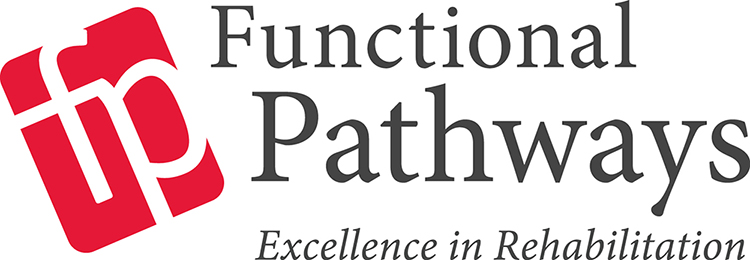Rehab dining programs are typically a joint effort involving Speech and Occupational Therapy in collaboration with nursing staff. The Speech-Language Pathologist focuses on oral and pharyngeal swallowing deficits while Occupational therapy addresses the residents’ ability to feed themselves independently and maintain safe posture while doing so.
Residents who on therapy caseload and have deficits in the above areas often benefit from a rehab dining program since they can be with other residents who are experiencing the similar deficits. I call it “peer power”! There can be tremendous personal benefit from sharing discomfort and challenges among peers, often increasing motivation and easing anxiety. It also enables the therapist to observe more than one resident during a meal while working individually with a selected resident. Rules for reimbursement of therapy services, of course, should always be adhered to and the FP compliance department has provided a policy for “Modes of Service” delivery.
A private space or small room is most optimal for a rehab dining program in order to decrease distractions, noise and traffic while allowing the residents to concentrate on safe swallowing and practice compensatory techniques without embarrassment. Skilled therapy goals focus on upgrading and/or determining the least restrict diet, trialing appropriate adaptive equipment to promote the residents highest level of independence for self-feeding, teaching compensatory strategies for safe swallowing, assessing postural safety, and determining need for verbal and tactile cueing.
Nursing staff are an important part of the success of a rehab dining program since therapy relies on them to transport and have residents ready for meals. Following the residents discharge from a rehab dining program, the therapist should determine if the resident would benefit from a restorative nursing program or “is good to go” into the mainstream of dining at the facility.
For more information please contact:
Cherie Rowell, COTA/L
Director of Clinical Services
Functional Pathways


Comments (0)